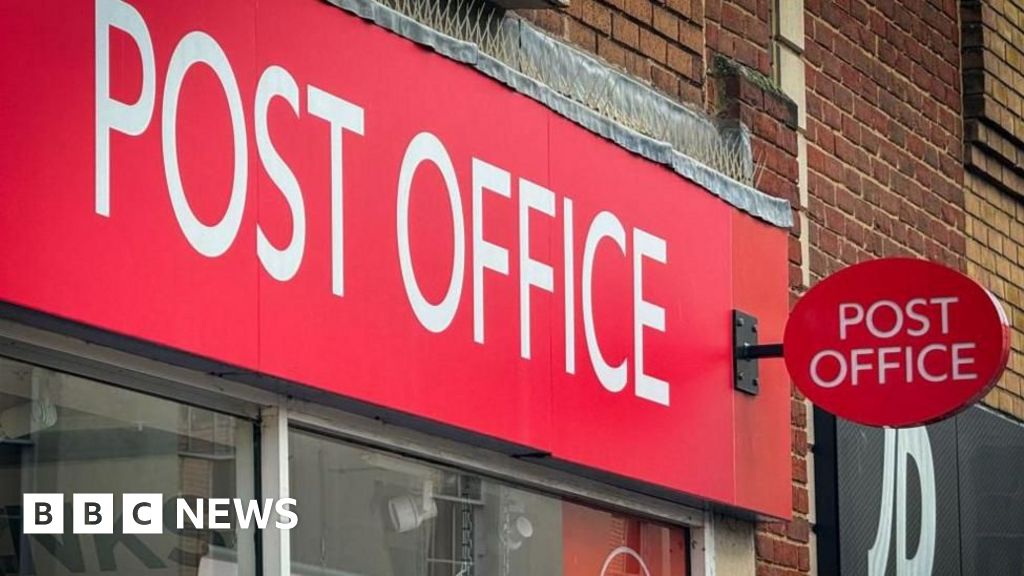WASHINGTON, DC – JULY 20: Democratic presidential candidate Robert F. Kennedy Jr. speaks during … [+]
Getty Images
Tax Notes contributing editors Robert Goulder and Joseph J. Thorndike examine Robert F. Kennedy Jr.’s cryptocurrency tax proposal, all in five minutes.
This transcript has been edited for length and clarity.
Robert Goulder: There is a presidential election next year, and some of the candidates are already teasing us with tax proposals. One of the candidates on the Democratic side is Robert F. Kennedy Jr., the most recent member of that iconic American family to enter the political fray. He’s come out with a very interesting tax proposal concerning cryptocurrency.
I’m Bob Goulder with Tax Notes. Together with my colleague Joe Thorndike we’re going to dissect RFK Jr.’s proposal and figure out what it’s all about.
Joe, let me ask you: Why is candidate Kennedy talking so much about crypto?
Joseph J. Thorndike: Well, Bob, Kennedy talks a lot about crypto. He speaks at crypto events. He talks about crypto on podcasts. He accepts campaign contributions in crypto, and now he wants to remake the dollar as a cryptocurrency. He’s a political crypto bro, the first one to get real attention in the national media. I don’t think, though, that it’s necessarily the kind of attention you want.
PARIS, FRANCE – FEBRUARY 16: In this photo illustration, a visual representation of digital … [+]
Getty Images
As it happens, Kennedy also seems to be a crypto investor. Back in May, he spoke at Bitcoin 2023, an industry conference, supposedly the biggest in the world. And he told the crowd there that he is, “Not an investor, and I’m not here to give investment advice.” But at the end of June, he filed a financial disclosure that showed that his family owns between $100,000 and $250,000 in bitcoin.
So according to his campaign, he actually bought that bitcoin after he made that statement about not owning any and before he filed the financial disclosure, which I guess means he didn’t actually lie about it, but it suggests that he’s not being exactly straight about it either. That disclaimer is supposed to provide some reassurance that there’s no conflict of interest, but then he went ahead and created a conflict right after that. So not cool, or at least weird in my book.
Robert Goulder: Yeah, definitely weird. What has he been saying specifically about crypto and taxes?
Joseph J. Thorndike: Well, it’s interesting that Kennedy now owns some crypto because he suggested recently that his version of crypto, bitcoin, should be exempt from capital gains taxes — at least when it’s being converted into dollars or fiat currency.
This is a terrible idea for all sorts of reasons. It would immediately guarantee that every transaction would be restructured to maximize opportunities for bitcoin capital gains. Our current tax system already incentivizes this behavior by taxing capital gains at a lower rate than regular income. Kennedy’s plan would make those distortions so, so much worse. It would be a godsend, of course, to anyone who owns bitcoin because one of the major hassles assorted with any cryptocurrency is that you pay capital gains or incur losses whenever you exchange it for any fiat currency or for other cryptocurrencies or when you buy anything with it. All those hassles would just disappear, and people could use their appreciated bitcoin to do anything they want, buy anything they want, and pay no taxes on any of the gains they’d made on that big bitcoin stash they had.
LONDON, ENGLAND – DECEMBER 07: A visual representation of the digital Cryptocurrency, Bitcoin … [+]
Getty Images
That’s pretty attractive, and it’ll make bitcoin really extremely popular. Not least with Kennedy himself because, let’s remember, he bought that $100,000 or whatever worth of bitcoin back in June. Let’s say he holds onto it through the end of his come-from-behind, shock-the-pundits campaign that wins him the White House. And then he convinces Congress to follow through with his tax-free-bitcoin plan. And because the markets are efficient, they’ve anticipated all that, and the price of bitcoin has skyrocketed since June 2023. “President” RFK Jr. could then sell his bitcoin now valued at what, $1 million? Because, hey, it’s cryptocurrency. Why not? And pay no tax on that $900,000 gain. That would be pretty sweet for him.
Robert Goulder: That would be a little bit too convenient. OK, so I get the idea. A blanket exemption for one type of financial asset probably isn’t great tax policy, but let me just push back just to play the devil’s advocate here. What about municipal bonds (munis)? They’re a financial asset, and they’re exempt from tax in a way. Is there an analogy here between what candidate Kennedy is talking about and our treatment of munis?
Joseph J. Thorndike: Yeah, it’s true that Congress has been giving a giant free ride to municipal bonds for more than a century. Originally, at least that was because Congress thought it was constitutionally required to do that. But these days I think the exemption may be as much about politics, tradition, and inertia as much as anything else.
WASHINGTON, DC – SEPTEMBER 22: Storm clouds gather near the U.S. Capitol on Wednesday afternoon … [+]
Getty Images
But in any case, the exemption for municipal bonds is for the interest earned by those bonds. Any capital gains realized from selling a municipal bond is still taxable, which makes that a much smaller loophole, a really different loophole. Plus crypto doesn’t even have that constitutional fig leaf to make the whole thing seem legit.
Robert Goulder: There you have it. Everything you wanted to know about RFK Jr., taxes, and crypto — all in five minutes. Thanks for watching.
Credit: Source link











